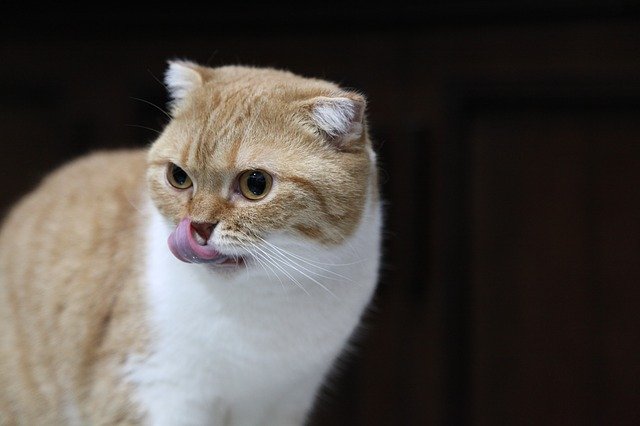Particles. Sentence Structure Part II Posted by bota on Oct 15, 2020 in Grammar, Russian for beginners
We continue our quest of making sense of sentence structure in Russian. While Part I covered the basics of the subject and verb placement, this blog focuses on the smaller but equally important parts of the sentence.
It may seem a bit more obvious where to place a word if it’s a verb or a noun, but what about particles? Known as “части́цы” in Russian, these are the words that don’t change based on gender or grammatical tense but their placement in a sentence may help you get your point across с чу́вством, с то́лком, с расстано́вкой (sensibly, thoughtfully, and properly).
Particles differ by type. Some add directionality to the sentence:
Мы развели́ ла́герь вон за те́ми холма́ми. We based our camp behind those hills.
Вот ваш зака́з. Here’s your order.
Вот твоё ме́сто. Here’s your seat.
But the particle вот doesn’t always have to be at the beginning of the sentence.
Люби́ть и быть люби́мым — вот зало́г сча́стья. (To love and be loved — that’s the foundation of happiness.) Here, вот emphasizes that the aforementioned things (and not something else) are the foundation of happiness.
In that fashion, particles usually precede the word they are adding meaning to. Let’s take the particle да́же (even) and see how it alters the meaning of the sentence depending on what word it precedes:
Э́тот класс наску́чил да́же ему́. (This class became boring even to him.) The emphasis is that even he got bored with that class and perhaps he is the type of person who usually can endure the most tedious lectures.
Да́же э́тот класс наску́чил ему́. (Even this class bored him.) Here, the implication is that this “he” is struggling to get excited about classes and this class (probably objectively a very exciting one) is failing to catch his attention.
Э́тот класс да́же наску́чил ему́. (This class even bored him.) This placement of the particle да́же alludes to the fact that this class was already not his favorite but now it’s even “boring”.
Read the following sentences with the particle то́лько (meaning “only”) and see if you can identify how it adds a certain degree of limitation to the sentence before reading the explanation below.
То́лько мой кот лю́бит обли́зывать конте́йнеры от йогу́рта.
Мой кот то́лько лю́бит обли́зывать конте́йнеры от йогу́рта.
Мой кот лю́бит обли́зывать то́лько конте́йнеры от йогу́рта.
The first sentence is easy to understand and probably familiar to anyone who has ever talked to a loving cat-parent or is one: “Only my cat likes to lick the yogurt containers”. The second case might be tricky to get at first: “My cat only likes to lick yogurt containers”. The placement of то́лько before the verb probably indicates that this cat’s single favorite past time is licking yogurt containers. Perhaps the owner is even disappointed that the cat prefers the cheap plastic yogurt cups to the expensive cat toys that they purchased. As with most grammar, the word order is only as good as the context around it. Lastly, “My cat likes to lick only yogurt containers”. Here, the narrow focus is on the yogurt containers as opposed to any other food container.
The main thing to remember is that sentence structure in Russian is quite flexible and you get to decided what to highlight when changing word order and using your intonation. What are some of the Russian word order nuances you find interesting?

Build vocabulary, practice pronunciation, and more with Transparent Language Online. Available anytime, anywhere, on any device.






